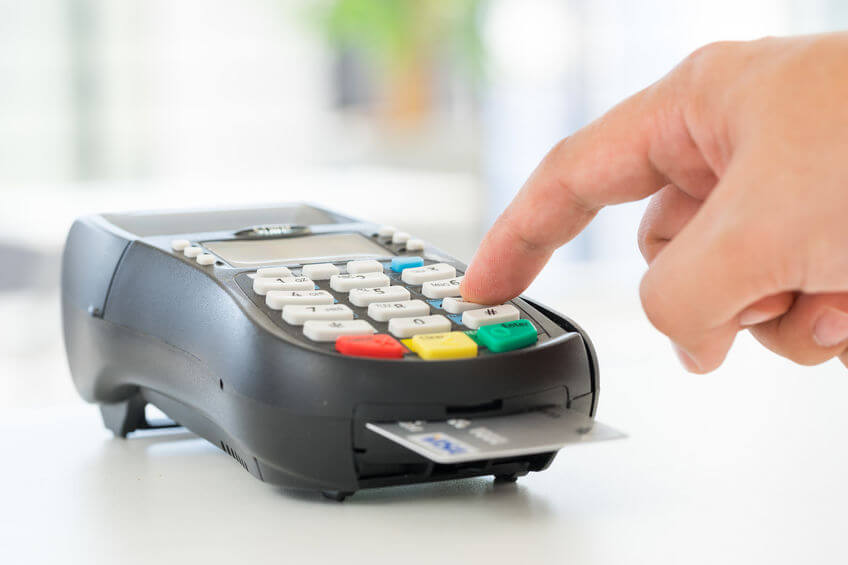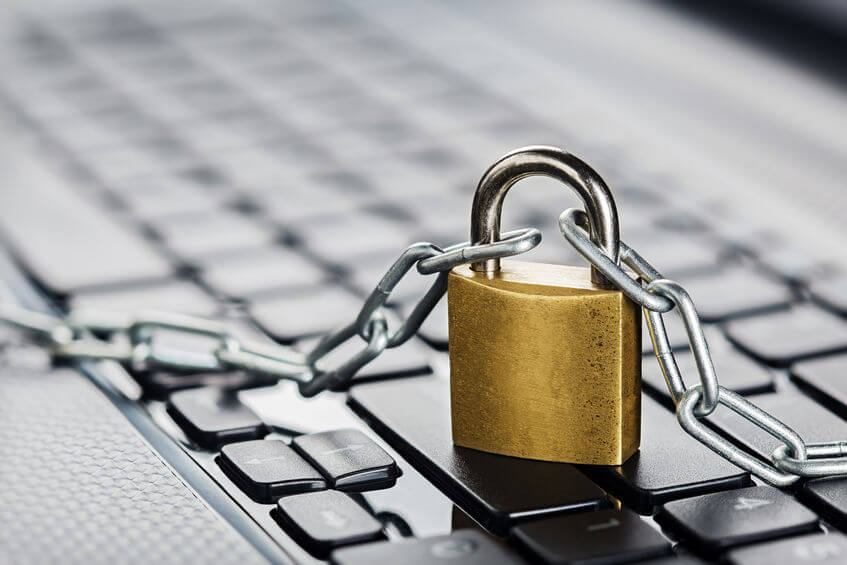The Difference Between Credit & Debit Cards
Credit card or debit card - which is better to use? The answer is complex and depends on the situation, hence why many people get confused between them.
Both are different forms of payment despite their similarities in appearance and reduce the need to carry cash around with you. They’re also widely accepted forms of payment in real-world stores and online.
The essential difference is where the money is pulled from: a debit card takes money directly from your bank account while credit cards charge your line of credit.
This is the point where the confusion crops up, leaving many cardholders in the dark on which is best to use in what circumstance. The answer to this depends on your own judgement.
What Is a Credit Card?
A credit card allows you to borrow money against a line of credit, which means the cardholder is given a balance they can use to purchase items they might have insufficient funds for at that moment in time.
With each purchase they must pay off what they owe within thirty days otherwise they will be charged interest, which in itself can depend on your annual percentage rate (APR). If the cardholder maintains their balance month-to-month, they won’t be charged interest.
While credit cards can be enormously helpful, they do have the ability to affect your credit rating and charge high interest rates.
Some may see this as a plus, however, as those without much of a credit rating can use a credit card to improve it, depending on whether they make their payments on time.
On the other hand, if you wish to withdraw money from an ATM using your credit card, you will be charged a transaction fee, adding to the cost of using one.
In order to acquire a credit card, an eligibility checker is often applied so the bank knows which of their credits cards you are entitled to depending on your credit rating and purchase history.
What Is a Debit Card?
 A debit card offers the same convenience of credit cards but works in a different way. Instead of taking the money from your balance, it takes the money directly from your bank account.
A debit card offers the same convenience of credit cards but works in a different way. Instead of taking the money from your balance, it takes the money directly from your bank account.
This is done by placing a hold on the amount of the purchase in which the company then transfers the funds from your account to their account.
It can take up to a few days for this to happen but it will be displayed with your balance under ‘pending transaction’. Once it’s complete, there will be no additional charges to your account for this transaction.
You may also withdraw cash using your debit card via an ATM. This also tends to be free but can depend on the cash machine and not the card.
Debit cards are very useful, especially for those who do not have any spare cash on them. The only downside is that the security does not tend to be as tight as with a credit card.
This is because it comes directly from your bank account. Any purchase online with a debit card is more at risk of fraud.
Unlike credit cards, there is no credit limit so, given you have enough funds, you can spend as much as you like without owing money or having to pay interest.
Debit vs. Credit
Both cards are handy to possess, and both have many similarities. Aside from the obvious, such as appearance and the fact you use them to make purchases, you can access the funds with both via a PIN number.
Using either is merely a matter of preference. While a few years ago credit cards offered extra benefits compared to a debit card despite the drawbacks, nowadays they are both relatively on the same footing. Both can now be used, for example, with contactless payments.
It depends also on the situation. If you know that you have the insufficient funds to pay a bill, a credit card will be your best option in this scenario.
However, many would argue that the balance gives you too much freedom to spend and, if you’re not careful, could end up putting you in serious debt.
Debit cards, meanwhile, could help in keeping on top of your purchases as you are taking the funds directly from your bank balance, although they’re not as useful as credit cards in a pinch.
The usefulness of either can also depend on the person; a cardholder who has trouble maintaining their spending habits may feel as though a credit card would only be good for emergencies.
They do not wish to use it for shopping as they know the credit limit will give them too much freedom.
Which Card Is Best?
Again, this really depends on the circumstance. Our advice is to own both a credit and a debit card and use either whenever the need arises.
Neither is exactly better than the other. They both present their own benefits and drawbacks which could either help or hinder your finances.
Debit cards don’t help your credit rating, but a credit card charges you for withdrawing funds. The judgement call is really up to the cardholder.
It may also depend on the purchase. You’re far more likely to use a credit card for bigger spendings, such as a deposit on a car, while debit cards are more likely to be used for smaller, everyday things.
You wouldn’t necessarily use your credit card to pay for a cup of coffee but neither would you use your debit card to put a deposit down on a house.
In short, credit cards are better for bigger, long term payments while debit cards are best for the small conveniences of everyday purchases.
Protecting Your Card
 Both credit and debit cards carry similar risks when it comes to security. Like we said with debit cards, using one to make purchases online puts the user more at risk of fraud.
Both credit and debit cards carry similar risks when it comes to security. Like we said with debit cards, using one to make purchases online puts the user more at risk of fraud.
Credit cards have the edge here as the money isn’t taken directly out of the cardholders bank balance but from their credit line instead.
This presents an extra layer of security a potential identity thief would have to go through in order to obtain your personal information, making it more secure.
In general, it’s best not to leave either your credit or debit card somewhere it can be easily stolen or used in an instance of fraud. You should keep your PIN number for both a secret too.
Losing either can be distressing and inconvenient, so it is recommended you keep your card with you as often as possible.
Otherwise, you will have to go through the trouble of cancelling your card and receiving a new one, which can take up to a few days to complete.
Other Tips for Personal Finance
At Cuttings the Pawnbroker, we like to assist whenever we can when it comes to your finances, which is why we offer plenty of tips and tricks to help you get around such murky waters.
If you find yourself struggling to keep on top of your finances, visit our other Cutting Pawnbroker blogs for some handy tips and tricks.
If you’re looking for a quick, short term loan, find out more about what we lend against. We accept all credit and debit cards as forms of payment.




